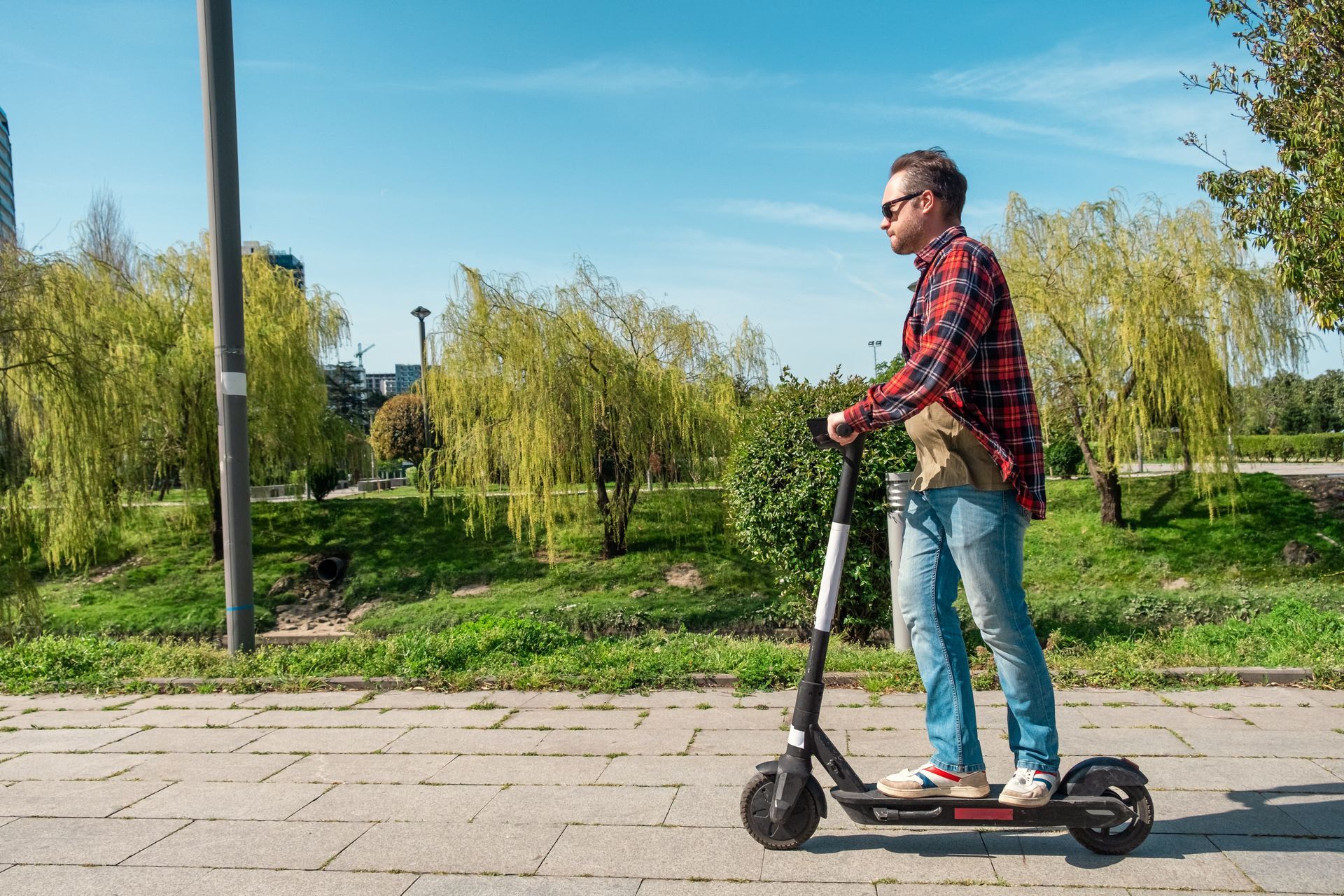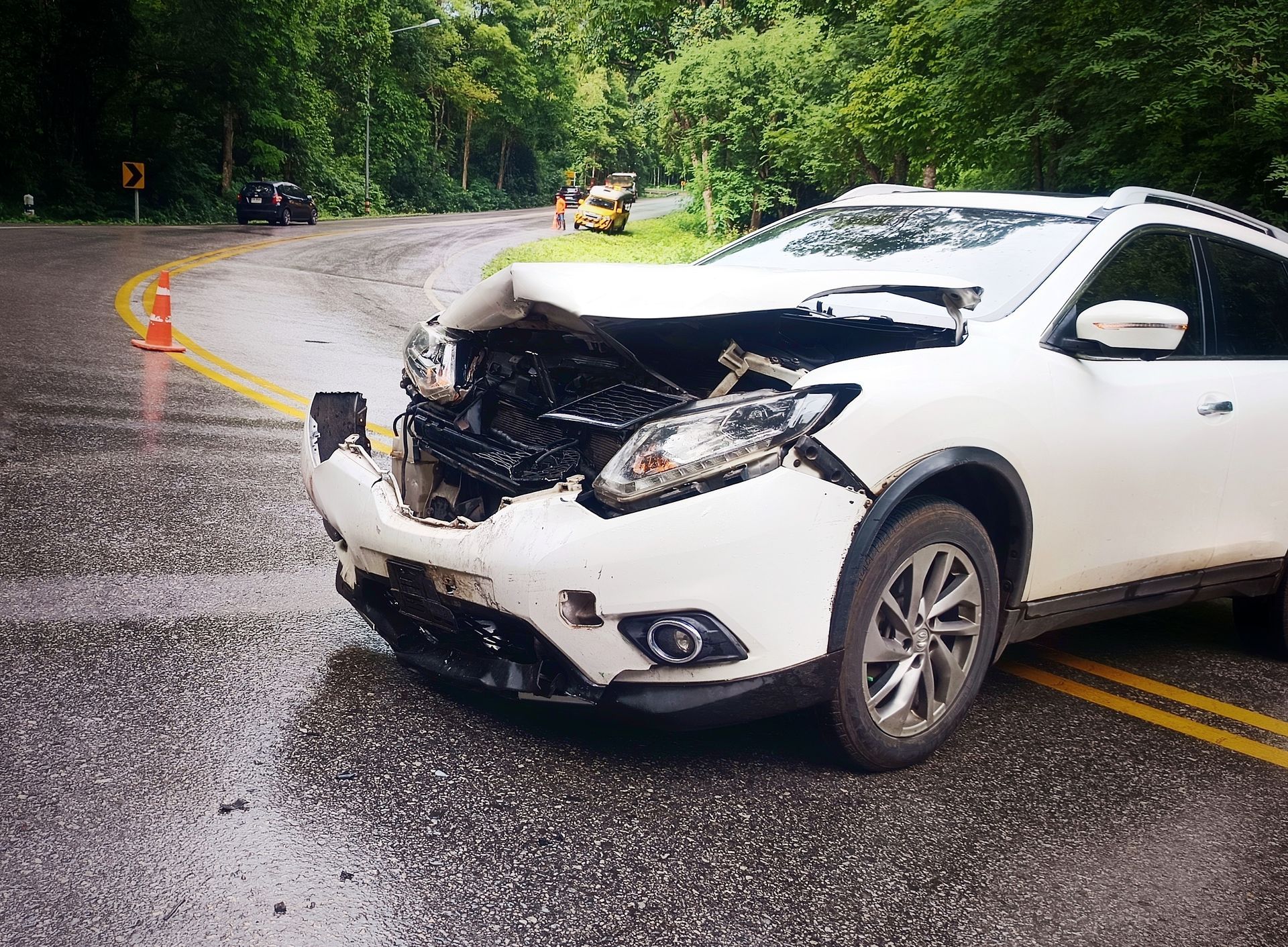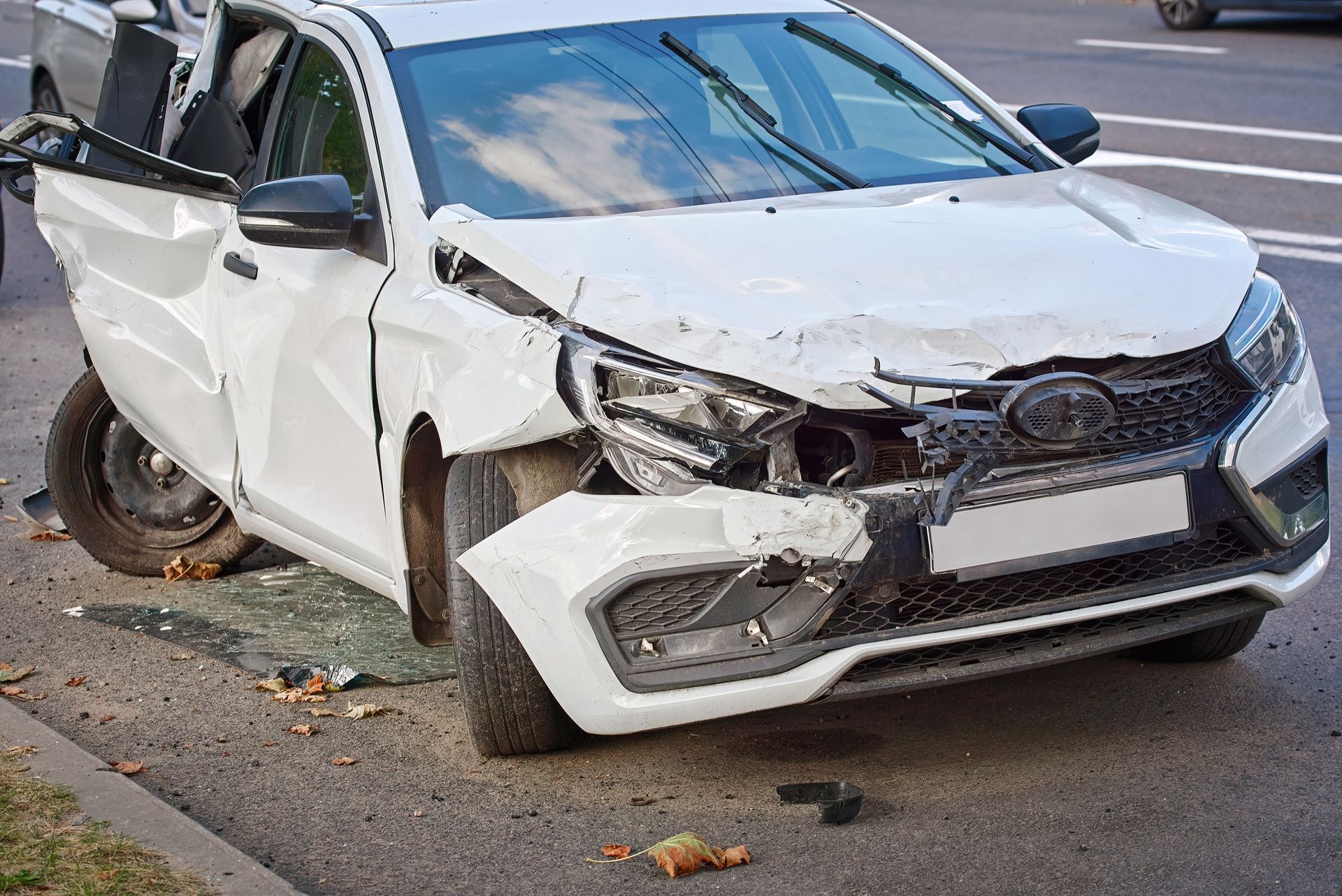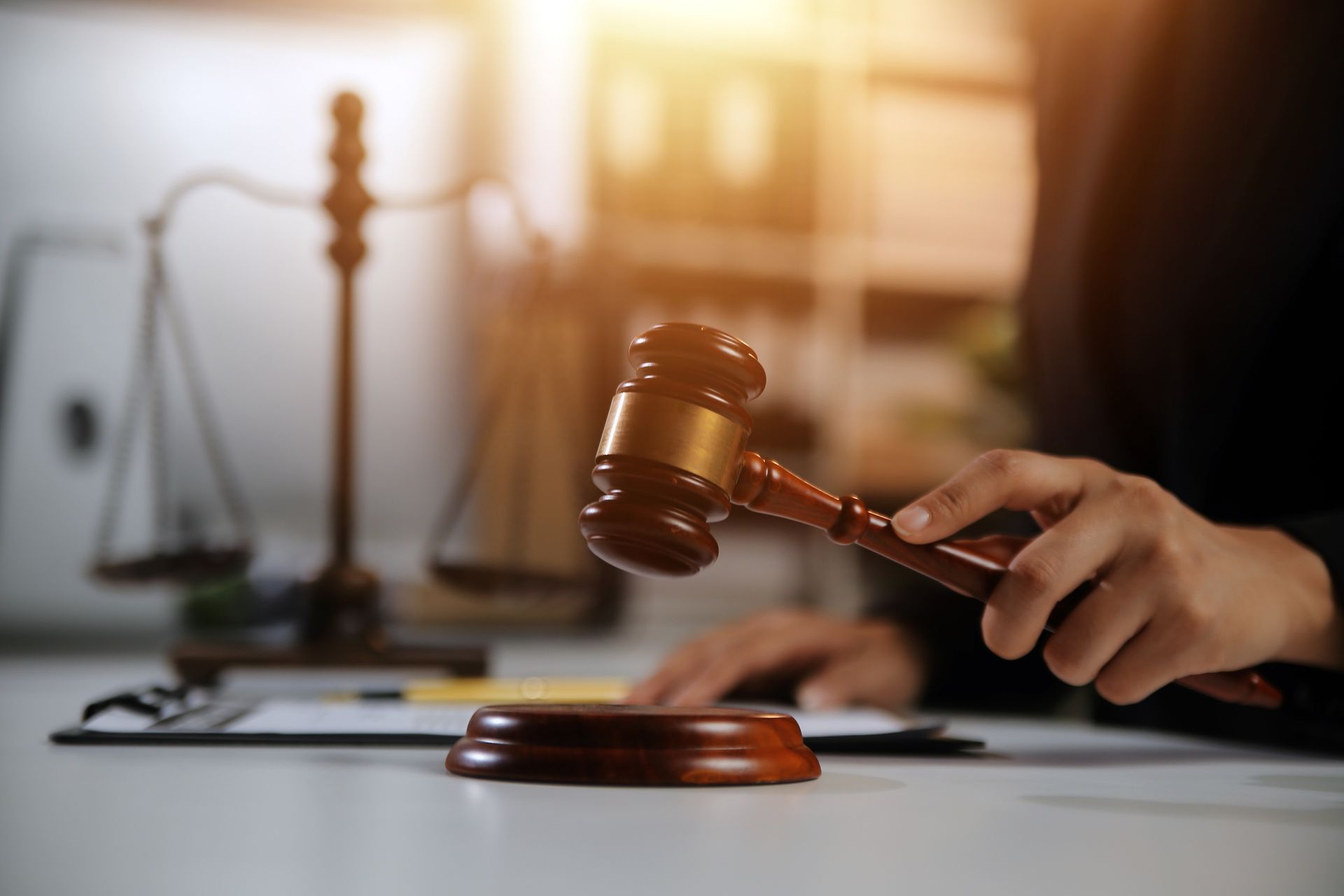Sargon Law Blog
Recent Blog Posts
Parking Lot Accident Laws in California
Parking lot accidents are more common than many people realize, often resulting in property damage, minor injuries and sometimes even more severe consequences. Whether you’re a driver or a pedestrian, it’s important to understand parking lot accident laws in California so you can stay safe and avoid penalties. Here’s an overview of the laws governing parking lot accidents in the state of California.
What Are The Parking Lot Accident Laws in California?

Parking lot accidents in California fall under the same general traffic laws that apply on public roads, but there are key differences due to the nature of private property. Unlike public roads, parking lots are usually considered private property, which means that local traffic enforcement may not always be involved unless there are significant injuries or property damage.
However, this does not exempt drivers from exercising caution and adhering to traffic rules. In parking lots, drivers must still obey posted signs, yield the right of way when appropriate and drive in a manner that ensures the safety of all.
Who Has the Right of Way in a Parking Lot in California?
Right-of-way rules in parking lots can often be confusing, as these areas have a different design than standard roadways. In California, the right of way typically belongs to pedestrians, and drivers must yield to them at all times. This includes crosswalks and areas near building entrances.
Additionally, vehicles moving in the main lanes of the parking lot generally have the right of way over those that are exiting parking spaces. Drivers should also be mindful of any signage, such as stop or yield signs, that dictate the flow of traffic. Failure to adhere to these rules can result in liability for any resulting accidents.
Are Parking Lots No-Fault Zones in California?
There is a common misconception that parking lots are no-fault zones where no one is responsible for accidents. However, this is not the case in California. Fault is still a key factor, and it is determined based on the circumstances surrounding the accident. Insurance companies and, if necessary, the courts will assess each party’s actions to establish who was negligent.
This can include reviewing security footage, witness statements and damage patterns. For example, if a driver was speeding through the lot or failed to yield, they could be found at fault. Therefore, parking lots are not exempt from the state’s negligence laws, and those involved in accidents may still be liable for damages.
Common Causes of Parking Lot Accidents
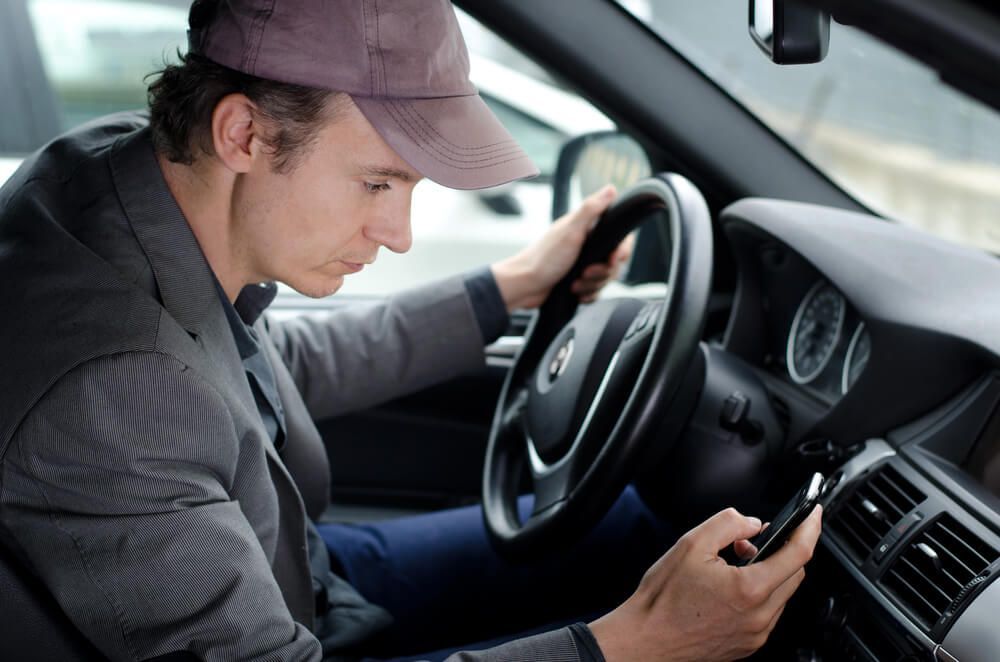
Parking lot accidents often occur due to a range of factors, many of which involve negligence. Common causes include distracted driving, speeding and poor visibility, particularly in poorly lit areas. Drivers who are rushing to find a spot or are not paying full attention when reversing out of a space also frequently cause accidents. These situations can complicate fault determination, as multiple parties might share some degree of responsibility.
Can You Sue If Someone Hits Your Parked Car in California?
If someone hits your parked car California parking lot, you have legal options to seek compensation for damages. You can typically file a claim with your insurance company under collision coverage, or you may file a claim against the at-fault driver’s insurance if they can be identified.
In some cases, the responsible party may leave the scene without providing their information, which constitutes a hit-and-run. Uninsured motorist coverage may help in this type of scenario. You also have the right to sue the responsible party if they are identified and refuse to cooperate. Seeking legal advice can prove invaluable in these situations, especially if there are disputes over liability or the extent of the damages.
What to Do If You Get in a Parking Lot Accident
If you get into a parking lot accident, it is important to follow specific steps to protect your rights and ensure a smooth resolution.
First, check for any injuries and call emergency services if needed. Next, exchange information with the other driver, including names, contact details and insurance information. Document the scene with photos of the damage, the positioning of the vehicles, and any relevant signage.
You should also report the incident to your insurance company promptly so they can guide you through the claims process. If you face any uncertainties or disputes about fault, consider consulting with a personal injury attorney so they can provide clarity and legal assistance.
Insurance for Parking Lot Accidents in California
Liability insurance is typically the first line of defense for parking lot accidents, covering damages caused to another vehicle or property. If you are at fault, your liability insurance should cover the other party’s damages. Conversely, if the other driver is at fault, their liability insurance should cover your damages.
In situations where fault is shared, or if the responsible party cannot be identified, your own collision coverage or uninsured motorist coverage can be invaluable. To help ensure you get the assistance you need, it’s important to understand your insurance policy and the extent of your coverage.
Preventing Parking Lot Accidents
Prevention is always better than dealing with the aftermath of an accident. Drivers can minimize their risk in parking lots by driving slowly, using mirrors and avoiding distractions such as cell phones. Pedestrians should stay alert, use crosswalks and avoid walking behind reversing vehicles. By exercising caution and being mindful of their surroundings, both drivers and pedestrians can significantly reduce the likelihood of accidents occurring.
We Can Help With Parking Lot Accident Laws in California
While parking lots may seem less regulated than public roads, the same principles of negligence and liability apply. Knowing who has the right of way, understanding the concept of fault and preparing to take the correct steps after an accident can make a significant difference. If you find yourself involved in a parking lot accident, contact us at Sargon Law for a free consultation with a car accident attorney in Phoenix, AZ. Our Phoenix injury attorneys are committed to helping victims receive the compensation they deserve.
